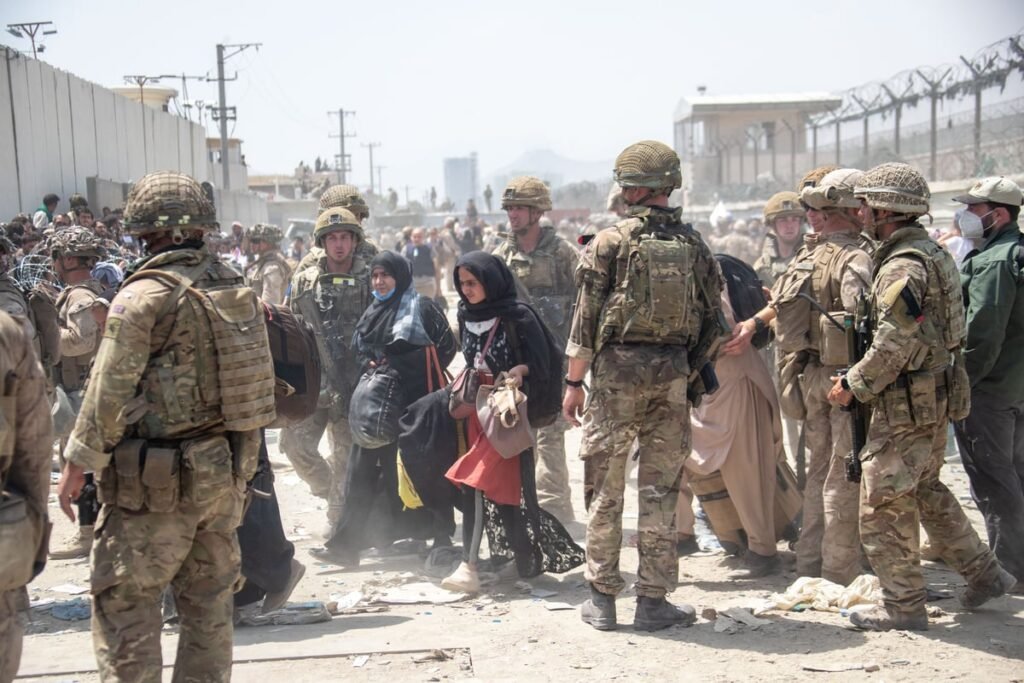Summary – An extensive data leak exposing sensitive Afghan information has stirred political and diplomatic waves across Europe, prompting urgent calls for enhanced data security and refugee policy reforms.,
Article –
The recent massive leak of data concerning Afghanistan has sparked considerable political and diplomatic reactions across Europe, emphasizing the urgent necessity for bolstered data security and reforms in refugee policies.
Background
The leak involved unauthorized disclosure of extensive information collected by international entities, revealing personal details of thousands of Afghans who supported foreign agencies during NATO’s two-decade presence. This leak coincides with the withdrawal of foreign troops and the Taliban’s swift return, heightening fears for the safety of these individuals facing reprisals.
Key Players
- European Union institutions: The European Commission and European External Action Service are evaluating the leak’s implications.
- Member states: Countries like Germany, France, and the UK play key roles in refugee resettlement and diplomatic efforts to reduce risk.
- NGOs: Organizations operating in Afghanistan have raised alarms over their exposed Afghan staff and contacts.
- Technology firms: Companies responsible for data storage and cybersecurity face scrutiny for possible failures in protecting sensitive information.
European Impact
The data leak has intensified debates over the resilience of the EU’s refugee and asylum systems, calling for:
- Enhanced vetting practices and better intelligence sharing among member states.
- Increased cybersecurity investments and humanitarian aid to protect vulnerable individuals.
Socially, the leak heightens concerns over Europe’s responsibility to Afghan refugees and vulnerable groups, complicating efforts and stirring political polarization about migration policies. It may also affect EU-Afghan cooperation frameworks aimed at regional stability.
Wider Reactions
The European Data Protection Board (EDPB) has initiated an immediate investigation and corrective measures. Several EU nations have reinforced data security protocols and accelerated refugee integration efforts to restore trust and protect those endangered. International partners recognize the leak’s cross-border implications, prompting multilateral discussions addressing data vulnerabilities in conflict zones.
What Comes Next?
The EU is expected to adopt a multi-dimensional approach, including:
- Implementing stronger data protection standards and investing in advanced cybersecurity tools.
- Enhancing coordination among EU member states, NATO, and humanitarian agencies for better protection of at-risk populations.
- Introducing policy reforms for refugee processing and asylum protocols to ensure robust identification and cross-border collaboration.
- Pushing legislative initiatives to unify data privacy and refugee protection laws across the EU.
This crisis is likely to influence the EU’s stance on conflict-induced displacement and digital security in international forums, challenging Europe to balance technological safeguards with humanitarian commitments effectively.

More Stories
How Europe’s Trade Landscape Could Shift Following India-UK CETA Outreach
Why Cultural Diplomacy in Europe Is Gaining Momentum Amid Global Shifts
Why Keir Starmer’s Gaza Aid Announcement Signals a Shift in UK’s Middle East Policy